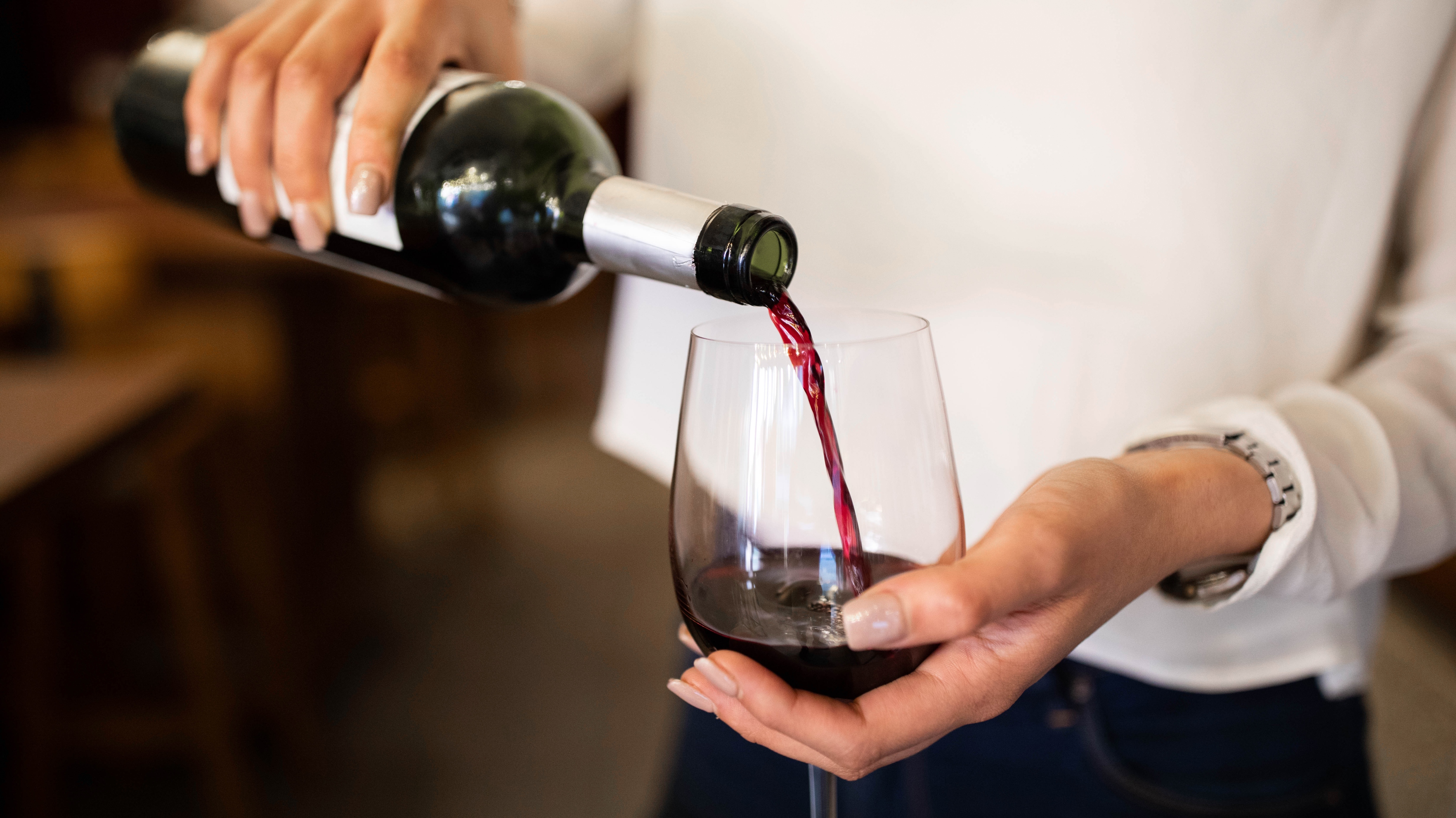
Red wine headaches are something that many of us face, and as the festive season approaches, they're something we're likely to be confronted with even more frequently.
When it comes to drinking wine, it makes sense that excessive amounts cause a hangover and leave you waking up with a headache, but what about those times when you only have a couple of glasses and you're still faced with a throbbing headache? Well, scientific researchers have been trying to work out what exactly causes these types of headaches and how people can avoid them. And there is an answer - sort of.
A team at the University of California found that when ingested, quercetin - which is found in grape skin - blocks the enzymes in your body that are built to break down toxins (such as alcohol) leading the toxins to build up and headaches to ensue, even without feeling the buzz from the alcohol.

Doctors who worked on this Scientific Research explained that red wine headaches have confused researchers for some time, as there are a number of ingredients in wine that people have thought might be responsible for headaches. "This puzzle has been around for literally thousands of years," said Dr. Morris Levin, the director of the Headache Center at the University of California. "There are a lot of ingredients in wine that could conceivably cause a headache, not the least of which is just alcohol itself."
"When quercetin gets in your bloodstream, your body converts it to a different form called quercetin glucuronide," Andrew Waterhouse, professor emeritus at the University of California Davis added. "In that form, it blocks the metabolism of alcohol."
That's not to say quercetin is bad for you, in fact, there are numerous health benefits, but when combined with alcohol it might reduce the digestion of alcohol. At present the research is still just a hypothesis, and the report concluded, "Further studies on human subjects are needed to verify this hypothesis." But how can this hypothesis be applied to everyday wine consumption?

How can you avoid quercetin and therefore red wine headaches? Well, there are red wines that have higher levels or quercetin and therefore are more likely to give you a headache.
Dr. Tom Collins, a leading viticulturist from Washington State University told The Telegraph, "Grapevines make quercetin in response to sun exposure, as a sunscreen of sorts. Quercetin is present in other plant-based foods as well, including tea, kale, broccoli, onions, and many fruits, where presumably the quercetin glucuronide would also inhibit the enzyme, but in the absence of ethanol, there without significant impact."
As sunlight is a major factor, logic would suggest that grapes that are exposed to less sun, have less quercetin, and therefore are less likely to cause headaches. Some research has also suggested that wines to avoid are those where the thick grape skin has a high amount of sun contact such as; a Cabernet Sauvignon.
Specifically the ones grown in Chile which were higher than the same grape grown in France, California, and Australia. In fact, Chilean Cabernet Sauvignon, Merlot, and Pinot Noir all have higher concentrations of flavonols (such as quercetin) than the same wines made from grapes in different locations.
In addition, non-red wines have significantly less quercetin as they are not produced with the skin, where the quercetin is contained. This means you can always switch to white or rosé and drink away!







